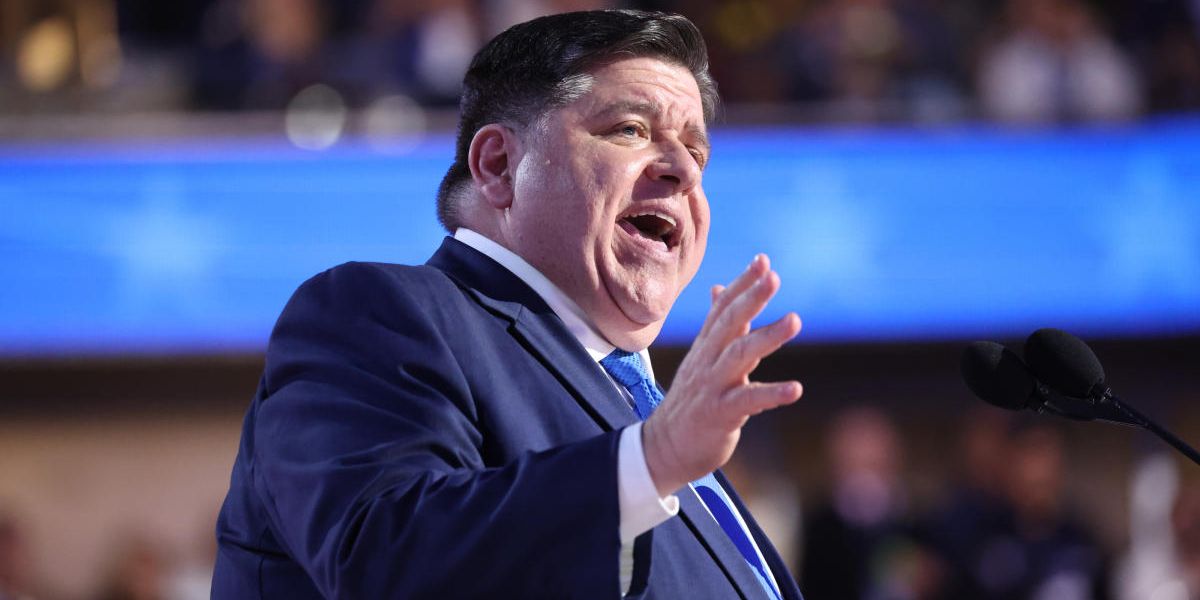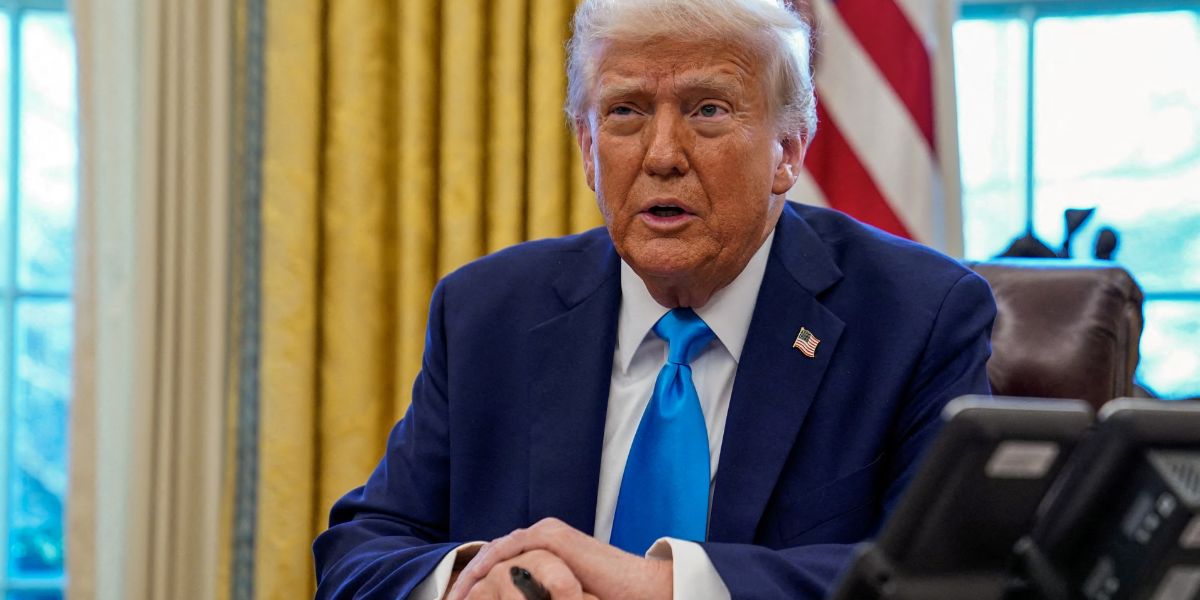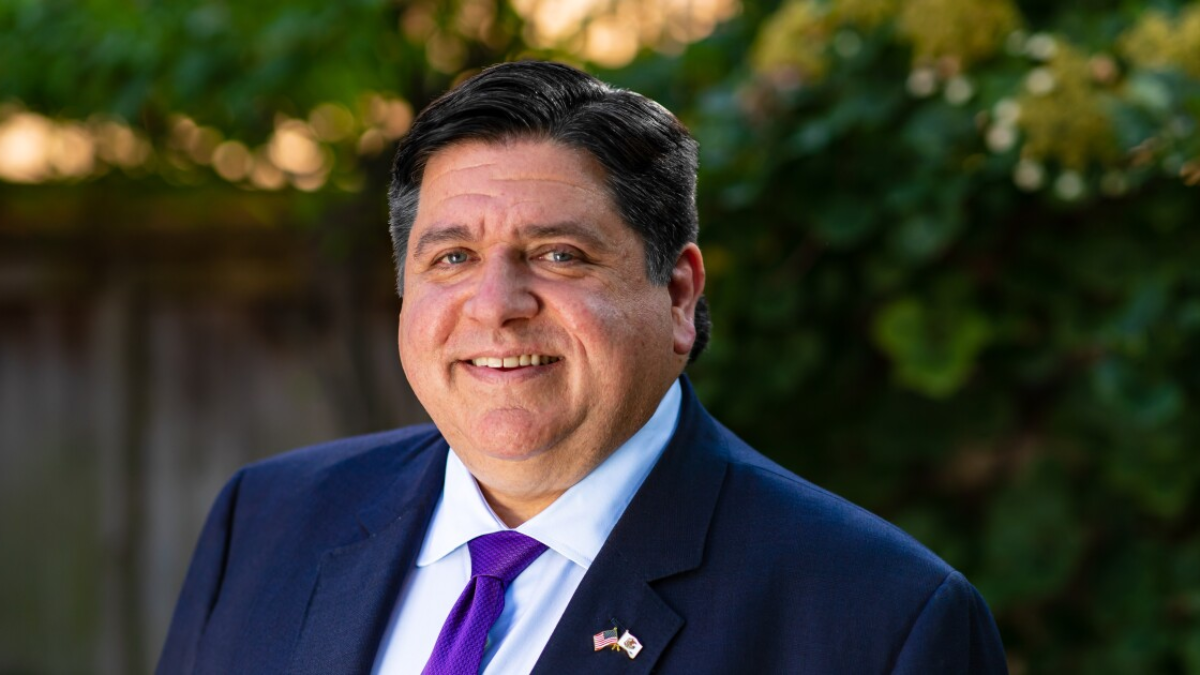In a setback for Illinois Democrats and Gov. JB Pritzker, the Illinois Supreme Court upheld a downstate judge’s ruling that found unconstitutional a Democrat-passed law prohibiting the nomination of legislative candidates for the November election in races where political parties did not field candidates.
The high court’s decision on Friday was unusual for the seven-member panel, which consists of five Democrats and two Republicans. Two of the judges, Democrats P. Scott Neville and Joy Cunningham, recused themselves, and the other five were so divided that the court could not make a decision. The Illinois Constitution requires four concurring justices to determine cases before the court.
As a result, Sangamon County Judge Gail Noll’s order from June was upheld by default—but only for the November election.
Noll found the election law, signed by Pritzker on May 3, illegal earlier this year because it “impermissibly burdens” candidates who had been obeying the prior law by denying them “their right to vote and have their names placed on the November ballot.”
Before Democrats’ efforts to modify the legislation, local Democratic and Republican committees frequently filled vacancies for legislative seats on the general election ballot in contests when no candidates from their party had run in the primary. To run in the general election, the political party’s nominee still needed to collect candidacy petition signatures.
The decision upholds the new law. That means that, unless the law changes, political parties will be required to field candidates in the primary elections beginning in 2026 for such candidates to appear on the general election ballot.
Pritzker has defended the new law’s constitutionality, claiming that it required candidates to participate in the primary and avoided “backroom deals” in which “some small group of people in a smoke-filled room” determined who would run in the general election.
However, many people, particularly Republicans, saw the move to prevent slating as an attempt to give the Democrats an advantage in the Nov. 5 general election before the vote was even cast. Democrats already have huge supermajorities in the House and Senate, and the GOP’s failure to field candidates for late general election fights would only help Democrats maintain their lead.
The conservative Chicago-based Liberty Justice Center filed the lawsuit on behalf of GOP candidates who were circulating petitions for the November ballot at the time Pritzker signed the new law, which went into effect immediately. On Friday, Illinois Senate Republican Leader John Curran of Downers Grove praised the Supreme Court’s ruling.
“Governor Pritzker once again approved a partisan measure that violates Illinois citizens’ constitutional rights. This latest attempt by Gov. Pritzker and legislative Democrats to limit voters’ choices in the upcoming election was thankfully rejected by the courts for the final time, and voters, not politicians, will have the final say on Election Day,” Curran said in a statement.
Pritzker’s administration made no immediate response on Monday concerning the Supreme Court decision.
Republicans argued that Democrats rushed the legislation to shield one of the party’s few downstate House Democrats from a challenge. However, Jay Keeven, the Republican opponent against Democratic state Rep. Katie Stuart of Edwardsville, had gathered enough signatures and filed to appear on the ballot with the Illinois State Board of Elections before Pritzker signed the new bill into law.
“After losing in a lower court, the Illinois Democratic Party appealed straight to the Illinois Supreme Court but lost. “As I have stated repeatedly, with each attempt to remove me from the ballot, our campaign gains momentum,” Keeven said in a statement Monday.
In light of the Supreme Court’s decision, at least three other Republican candidates will be able to run for House seats against incumbent Democrats in November. They include Republican Donald Puckett, who is running against incumbent Democratic state Rep. Anna Moeller of Elgin; Republican Teresa Alexander, who is running against incumbent Democratic state Rep. Barbara Hernandez in the Aurora area; and Republican Daniel Behr, who is running against incumbent Democratic state Rep. Tracy Katz Muhl in Northbrook.
Noll’s decision has no bearing on the law’s provisions, which include three nonbinding advisory initiatives on the November ballot. The first asks voters if those earning $1 million or more per year should pay an additional tax to fund property tax relief. The second question concerns whether contenders for office should face civil prosecution for attempting to meddle with election workers. The final question asks voters whether they support insurance coverage safeguards for in vitro fertilization.
The ballot allows for a maximum of three nonbinding propositions, and Democrats’ action was intended to crowd out conservative attempts to place their advisory issue asking if parental agreement should be necessary for gender counseling, therapy, or modification procedures.




